French Filmmakers: A Journey Through History
French directors have a rich and vibrant cinematic tradition, which has helped shape the art of cinema since its inception. From the technical innovations of the early pioneers to the visionary works of modern directors, French cinema has left an indelible mark on the history of the silver screen.
The Origins of Cinema and the Nouvelle Vague
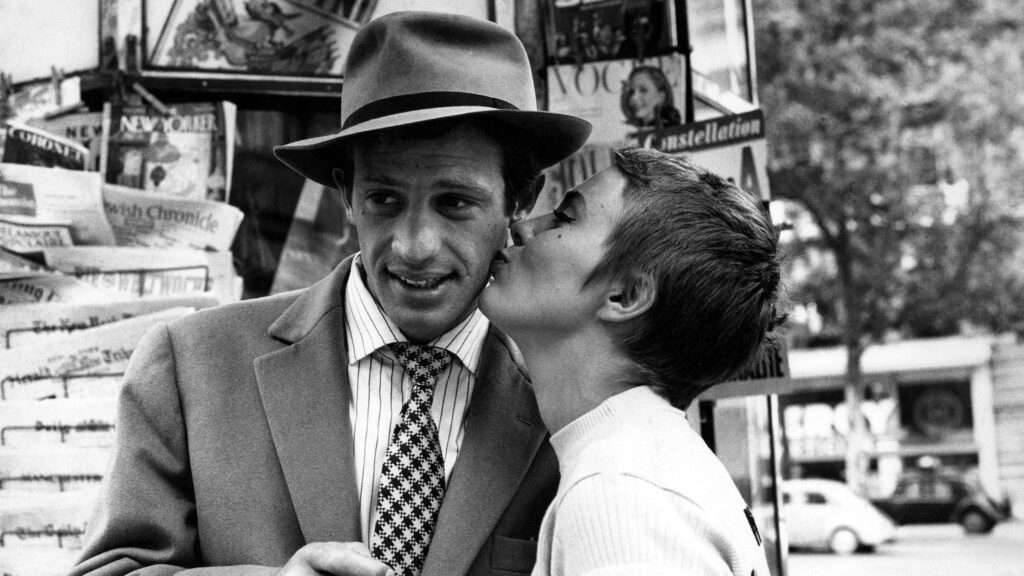
Early films, such as “L’Arrivée d’un train en gare à La Ciotat” by the Lumière brothers (1895), aroused wonder and amazement, paving the way for a new form of expression. Throughout the 20th century, directors such as Georges Méliès and Abel Gance experimented with film storytelling and special effects, creating visionary works like “A Trip to the Moon” (1902) and “Napoléon” (1927).
The post-war period saw the advent of the Nouvelle Vague, a movement that revolutionized French and world cinema. Jean-Luc Godard, François Truffaut, Claude Chabrol, and Alain Resnais, among others, rebelled against the narrative and stylistic conventions of classical cinema, adopting a more free and auteur-driven approach. Their films, such as “Breathless” (1960), “The 400 Blows” (1959), and “Hiroshima mon amour” (1959), influenced generations of filmmakers and created a new cinematic language.
From the Nouvelle Vague to the Present Day
In the years that followed, French cinema continued to explore new paths and to engage with the different social and cultural realities of the country. Directors such as Claude Lelouch, Louis Malle, and Jean-Pierre Melville made films of great emotional and social impact, while others, such as Luc Besson and Patrice Leconte, brought French genre cinema to success.
More recently, female directors such as Claire Denis, Catherine Breillat, and Agnès Varda have given voice to female experiences with poetic and provocative films. Contemporary French cinema, with auteurs such as Olivier Assayas, Jacques Audiard, and Mia Hansen-Løve, continues to distinguish itself for its originality and its social commitment.
Georges Méliès (1861-1938)

Considered the father of fantasy cinema, Méliès was one of the pioneers of world cinema. His films, characterized by innovative and imaginative special effects, helped define the language of filmmaking. Among his most famous films are “A Trip to the Moon” (1902), “The Voyage Across Time” (1902), and “The Man with the Rubber Head” (1901).
Auguste and Louis Lumière (1862-1954 and 1864-1948)

The Lumière brothers are the inventors of the cinematograph. Their first public screening in Paris on December 28, 1895, is considered the event that marked the beginning of cinema history. Their short and documentary films played a crucial role in spreading cinema worldwide. Some of their most famous films include “Arrival of a Train at La Ciotat” (1895) and “Baby’s Meal” (1895).
René Clair (1898-1981)

René Clair was one of the most important directors of French cinema in the 20th century. His films, characterized by surreal humor and a poetic vision of the world, contributed to defining modern French cinema. Among his most famous films are “À nous la liberté” (1931), “Le Million” (1931), and “L’Atalante” (1934).
Germaine Dulac (1882-1942)
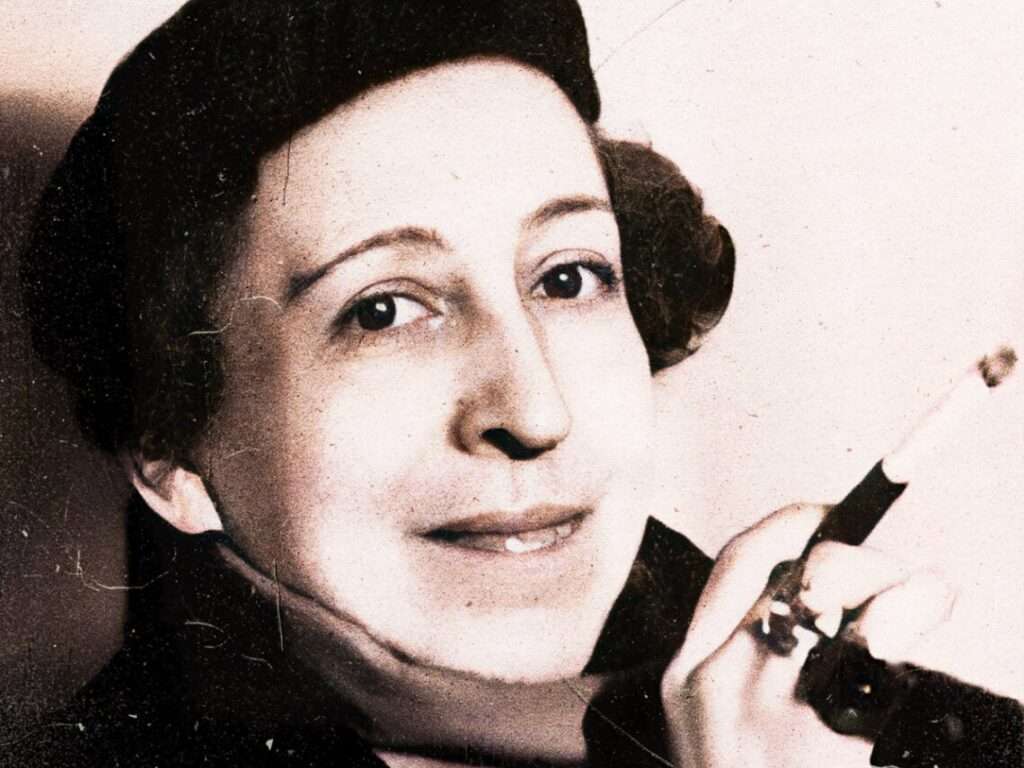
Germaine Dulac was a pioneer of French cinema, a film critic, and a prominent figure in the impressionist movement. She was known for her innovative use of filming techniques and exploration of the subjective experience of reality. Her films were often dreamlike and poetic, pushing the boundaries of what was considered possible in cinema. Her most famous films include “The Seashell and the Clergyman” (1928), a surreal exploration of the human psyche, and “The Woman and the Puppet” (1929), a dark and atmospheric melodrama.
Marcel L’Herbier (1888-1979)
Marcel L’Herbier was a French director known for his innovative and ambitious films. He was a member of the impressionist movement and also influenced by German expressionism. His films were often grand and operatic, exploring themes of social change and political upheaval. His most famous films include “L’Inhumaine” (1924), a science fiction film about a woman transformed into a machine, and “Eternal Melodies” (1929), a musical set during the French Revolution.
Louis Delluc (1890-1924)
Louis Delluc was a French film critic and director, one of the founders of the impressionist movement. He was known for his passionate and insightful writing on cinema and was also an important advocate for experimental cinema. His most famous film was “The Madness of Dr. Tube” (1921), a surreal and expressionist film about a scientist who develops a machine to control people’s dreams.
Jean Renoir (1894-1979)
Jean Renoir was one of the most important French directors of the 20th century. His films, characterized by attention to social realism and a poetic view of life, helped define modern French cinema. Some of his most famous films include “La Grande Illusion” (1937), “The Rules of the Game” (1939), and “Picnic on the Grass” (1959).
Marcel Carné (1906-1996)
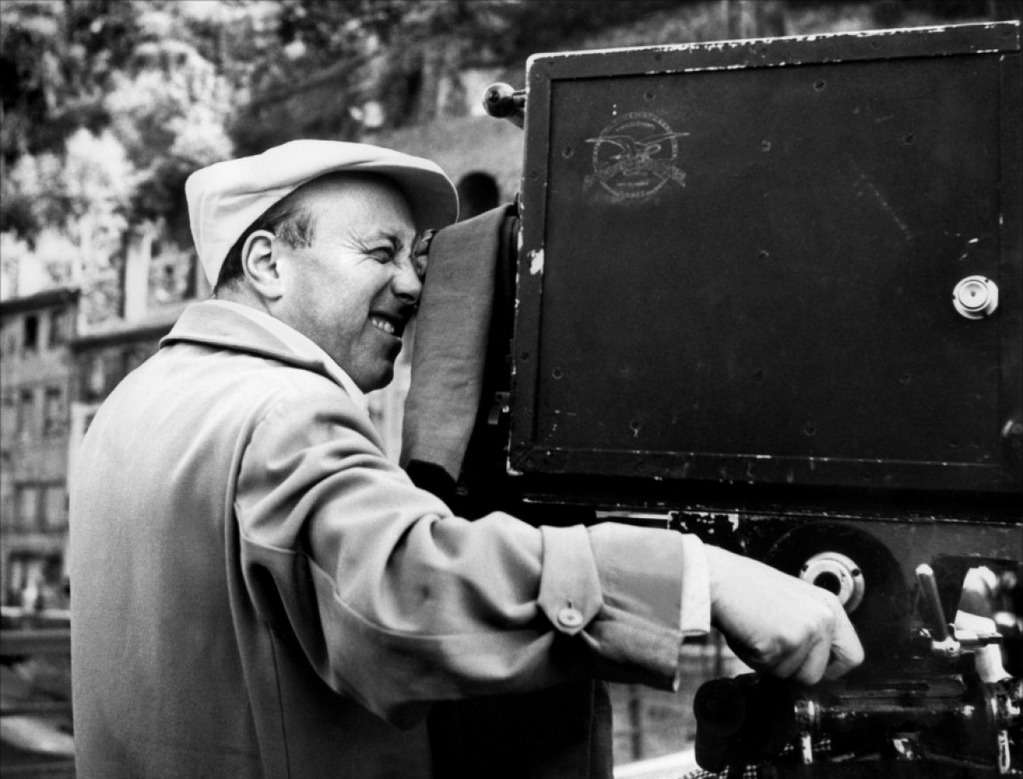
Marcel Carné was one of the most important French directors of the 20th century. His films, characterized by a noir atmosphere and a romantic view of the world, contributed to defining modern French cinema. Some of his most famous films include “Children of Paradise” (1945), “Port of Shadows” (1938), and “Hotel du Nord” (1938).
Jean Vigo (1905-1934)

Jean Vigo was a director known for his experimental and political films. His films, often characterized by a strong sense of humor and original aesthetics, had a significant influence on French and international cinema. His most famous films include “À propos de Nice” (1930), “Zero for Conduct” (1933), and “L’Atalante” (1934).
Jean Grémillon (1901-1959)
Jean Grémillon was a director known for his dramatic and poetic films. His films, often set in a rural context, explored themes of love, loss, and nature. His most famous films include “Gueule d’amour” (1937), “Daybreak” (1939), and “Ladies of the Park” (1945).
Max Ophüls (1902-1957)

Max Ophüls was a German-born French director, known for his melodramatic and sophisticated films. His films, often characterized by a strong atmosphere and attention to detail, had a significant influence on French and international cinema. His most famous films include “La Ronde” (1950), “Le Plaisir” (1952), and “Lola Montes” (1955).
Henri-Georges Clouzot (1907-1977)

Henri-Georges Clouzot was a director known for his thriller and mystery films. His films, often characterized by an eerie atmosphere and attention to detail, had a significant influence on French and international cinema. His most famous films include “The Raven” (1943), “Quai des Orfèvres” (1947), and “Les Diaboliques” (1955).
Jean Cocteau (1889-1963)

Cocteau was a director, writer, poet, and playwright, known for his surrealist and visionary style. His films, often inspired by mythology and folklore, are characterized by a strong imagination and original aesthetics. Some of his most famous films include “Beauty and the Beast” (1946), “Orpheus” (1950), and “Children of the Damned” (1950).
Jacques Tati (1907-1982)
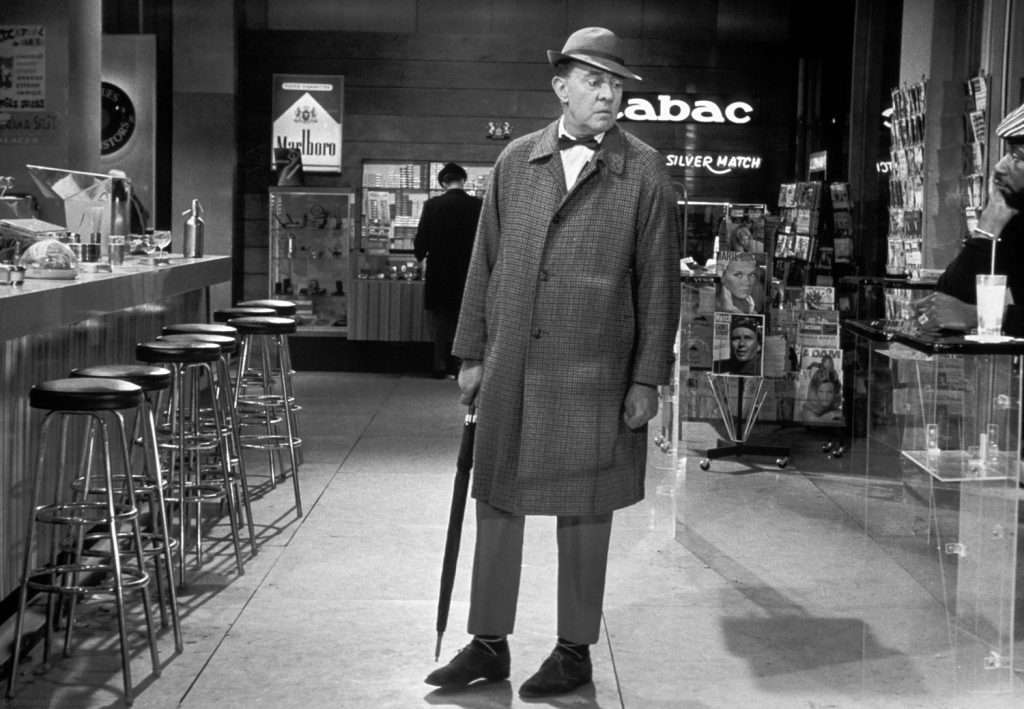
Tati was a director known for his comedic and surreal films. His films, often set in an urban context, explore the quirks of modern society. Some of his most famous films include “Jour de Fête” (1949), “My Uncle” (1958), and “Playtime” (1967).
Jean-Luc Godard (1930-2022)

Jean-Luc Godard was one of the most important directors of the Nouvelle Vague. His films, characterized by experimental language and a radical political vision, revolutionized French and world cinema. Some of his most famous films include “Breathless” (1960), “La Chinoise” (1967), and “Weekend” (1967).
François Truffaut (1932-1984)

François Truffaut was one of the most important directors of the Nouvelle Vague. His films, characterized by attention to psychological realism and a romantic view of life, contributed to defining modern French cinema. Some of his most famous films include “The 400 Blows” (1959), “Jules and Jim” (1962), and “Day for Night” (1973).
Claude Chabrol (1930-2010)
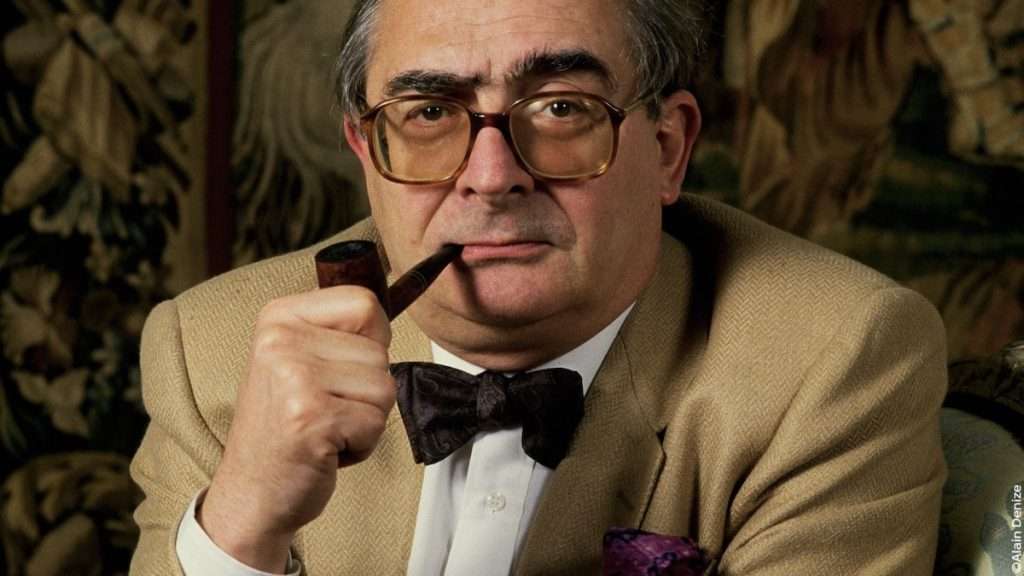
Claude Chabrol was one of the most important directors of the Nouvelle Vague. His films, characterized by attention to social realism and a critical view of society, contributed to defining modern French cinema.
Éric Rohmer (1920-2017)

Éric Rohmer was one of the most important directors of the Nouvelle Vague. His films, characterized by attention to the psychology of characters and a poetic view of life, contributed to defining modern French cinema. Some of his most famous films include “The Sign of Leo” (1959), “My Night at Maud’s” (1969), and “La Collectionneuse” (1967).
Jacques Rivette (1928-2016)
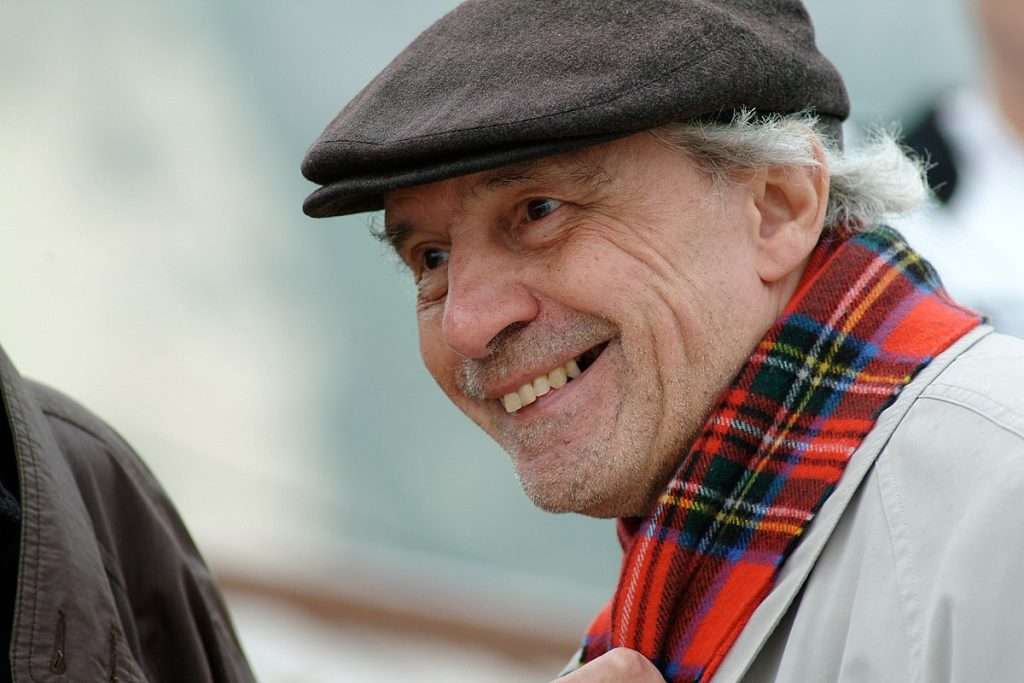
Jacques Rivette was one of the most important directors of the Nouvelle Vague. His films, characterized by long duration and experimental vision, contributed to defining modern French cinema. Some of his most famous films include “Paris Belongs to Us” (1961), “The Beautiful Troublemaker” (1991), and “Out 1: Noli me tangere” (1971).
Alain Resnais (1922-2014)
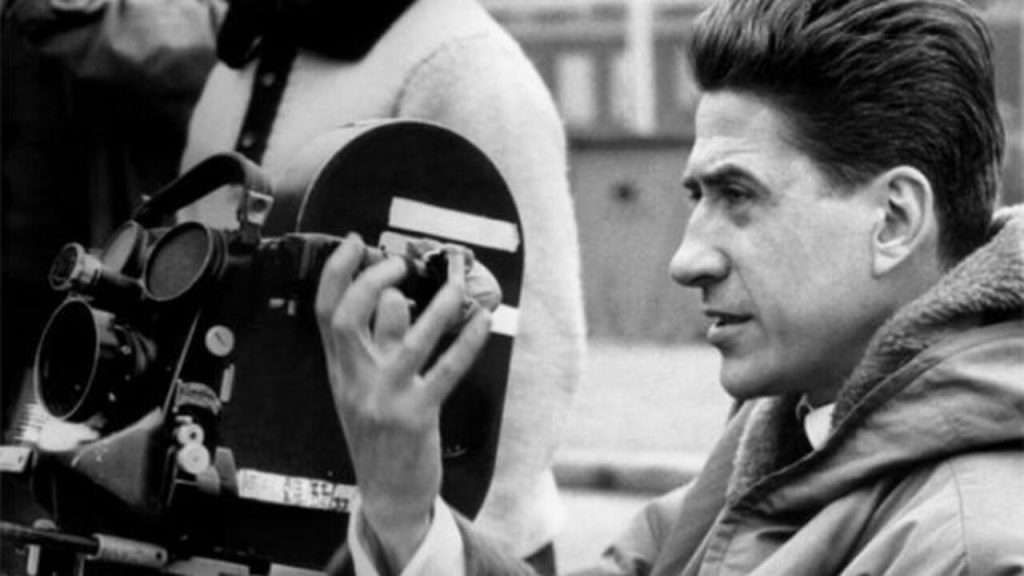
Alain Resnais was one of the most important directors of French cinema in the 20th century. His films, characterized by innovative use of editing and a poetic view of time, contributed to defining modern French cinema. Some of his most famous films include “Hiroshima Mon Amour” (1959), “Last Year at Marienbad” (1961), and “My American Uncle” (1980).
Robert Bresson (1901-1999)

Robert Bresson was one of the most important directors of French cinema in the 20th century. His films, characterized by a minimalist use of cinematic language and an ascetic view of life, contributed to defining modern French cinema. Some of his most famous films include “Pickpocket” (1959), “Mouchette” (1967), and “Au hasard Balthazar” (1966).
Agnès Varda (1928-2019)

Agnès Varda was one of the most important directors of French cinema in the 20th century. Her films, characterized by attention to social reality and a poetic view of life, contributed to defining modern French cinema. Some of her most famous films include “La Pointe Courte” (1954), “Cleo from 5 to 7” (1962), and “Vagabond” (1985).
Jean-Pierre Melville (1917-1973)
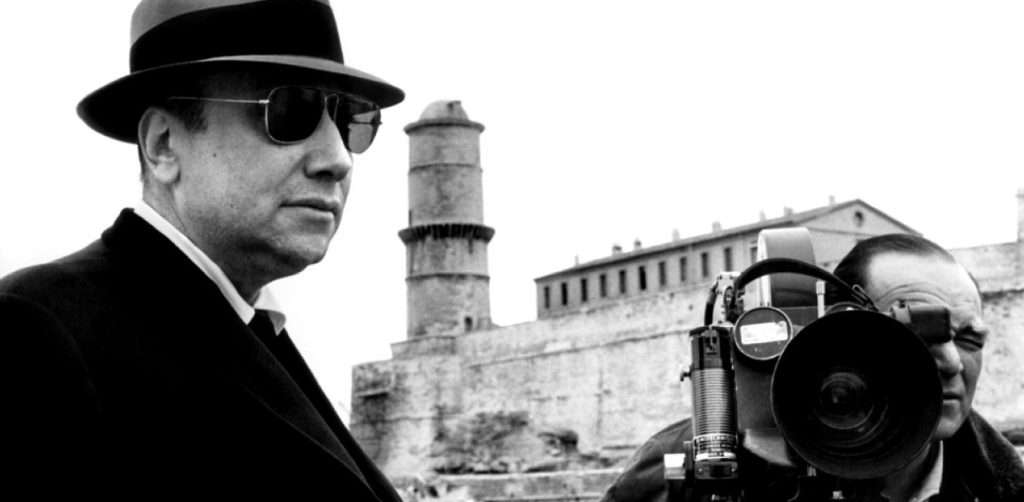
Jean-Pierre Melville was one of the most important directors of French cinema in the 20th century. His films, characterized by a noir atmosphere and a cynical view of life, contributed to defining modern French cinema. Some of his most famous films include “Le Samourai” (1967), “The Red Circle” (1970), and “Dirty Money” (1972).
Louis Malle (1932-1995)

Malle was a director known for his dramatic and satirical films. His films, often characterized by a strong attention to detail and social awareness, had a significant influence on French and international cinema. Some of his most famous films include “Elevator to the Gallows” (1958), “The Fire Within” (1963), and “Lacombe Lucien” (1974).
Jacques Becker (1906-1960)

Jacques Becker was one of the most important directors of French cinema in the 20th century. His films, characterized by attention to social realism and a poetic view of life, contributed to defining modern French cinema. Some of his most famous films include “Golden Marie” (1952), “The Hole” (1960), and “The Raven” (1943).
Christine Pascal (1956-1996)

Pascal was a director known for her dramatic and intimate films. Her films, often characterized by attention to everyday life and original aesthetics, had a significant influence on French and international cinema. Some of her most famous films include “Vagabond” (1985), “Next Summer” (1989), and “The Daughter of the Air” (1992).
François Ozon (1967-)

François Ozon is one of the most important contemporary French directors. His films, characterized by attention to social themes and an ironic view of life, have contributed to defining modern French cinema. Some of his most famous films include “Water Drops on Burning Rocks” (2000), “8 Women” (2002), and “The New Girlfriend” (2014).
Luc Besson (1959-)

Luc Besson is one of the most important contemporary French directors. His films, characterized by attention to action and heroism, have contributed to defining modern French cinema. Some of his most famous films include “Leon: The Professional” (1994), “The Big Blue” (1988), and “Nikita” (1990).
Jean-Pierre Jeunet (1953-)

Jean-Pierre Jeunet is one of the most important contemporary French directors. His films, characterized by a fairy-tale atmosphere and a poetic view of life, have contributed to defining modern French cinema. Some of his most famous films include “Delicatessen” (1991), “Amélie” (2001), and “Micmacs” (2009).
Mathieu Kassovitz (1967-)
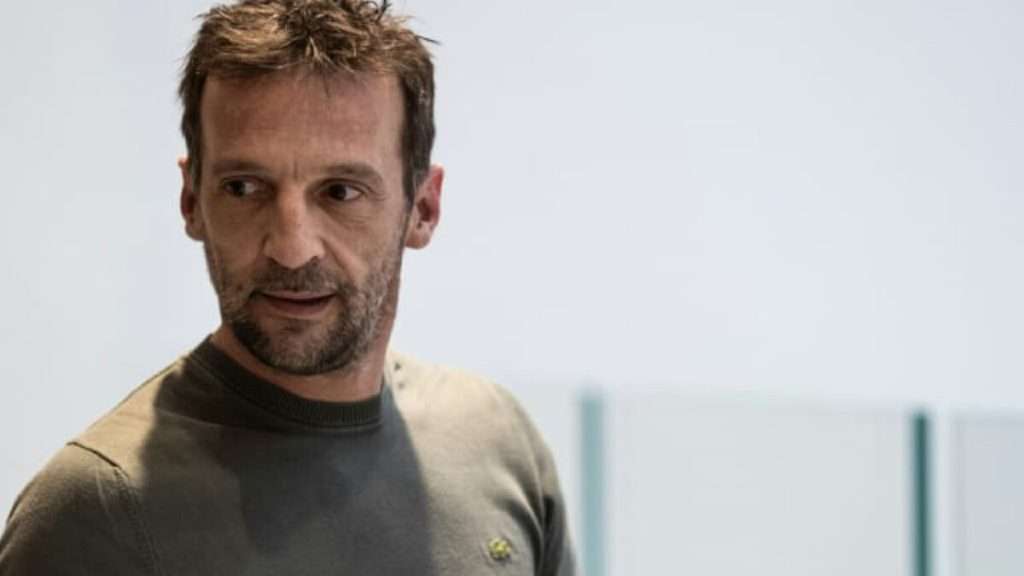
Mathieu Kassovitz is one of the most important contemporary French directors. His films, characterized by attention to social themes and a realistic view of life, have contributed to defining modern French cinema. Some of his most famous films include “La Haine” (1995), “The Hate” (1995), and “Polisse” (2011).
Olivier Assayas (1955-)
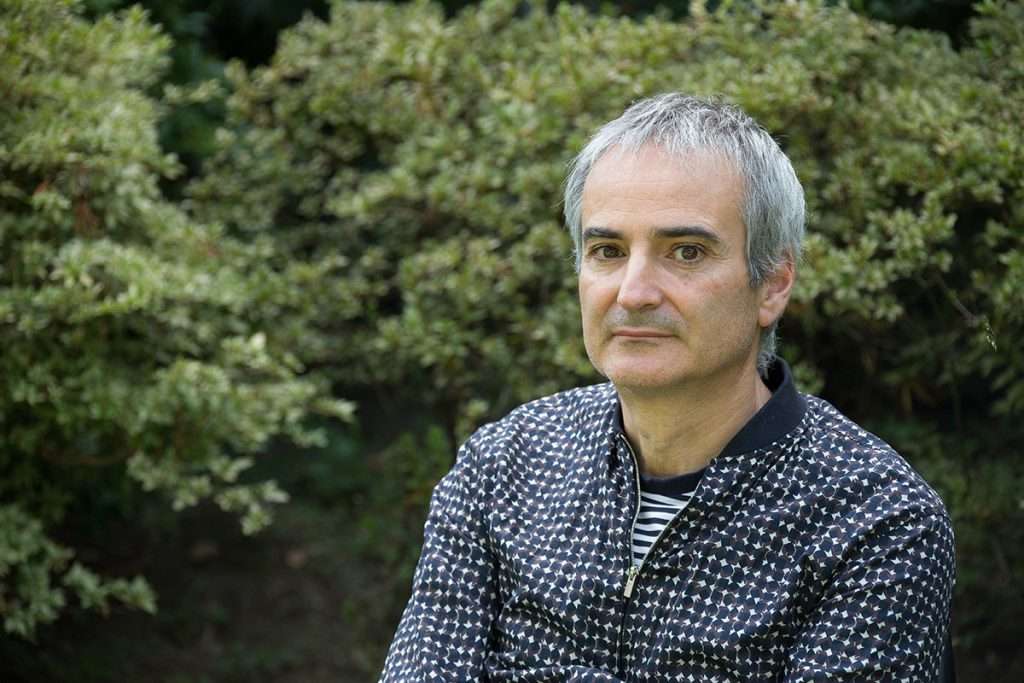
Olivier Assayas is one of the most important contemporary French directors. His films, characterized by attention to social themes and a complex view of life, have contributed to defining modern French cinema. Some of his most famous films include “Personal Shopper” (2016), “Carlos” (2010), and “Clouds of Sils Maria” (2014).
Michel Gondry (1963-)

Michel Gondry is one of the most important contemporary French directors. His films, characterized by a dreamlike atmosphere and a poetic view of life, have contributed to defining modern French cinema. Some of his most famous films include “Eternal Sunshine of the Spotless Mind” (2004), “The Science of Sleep” (2006), and “Be Kind Rewind” (2008).



